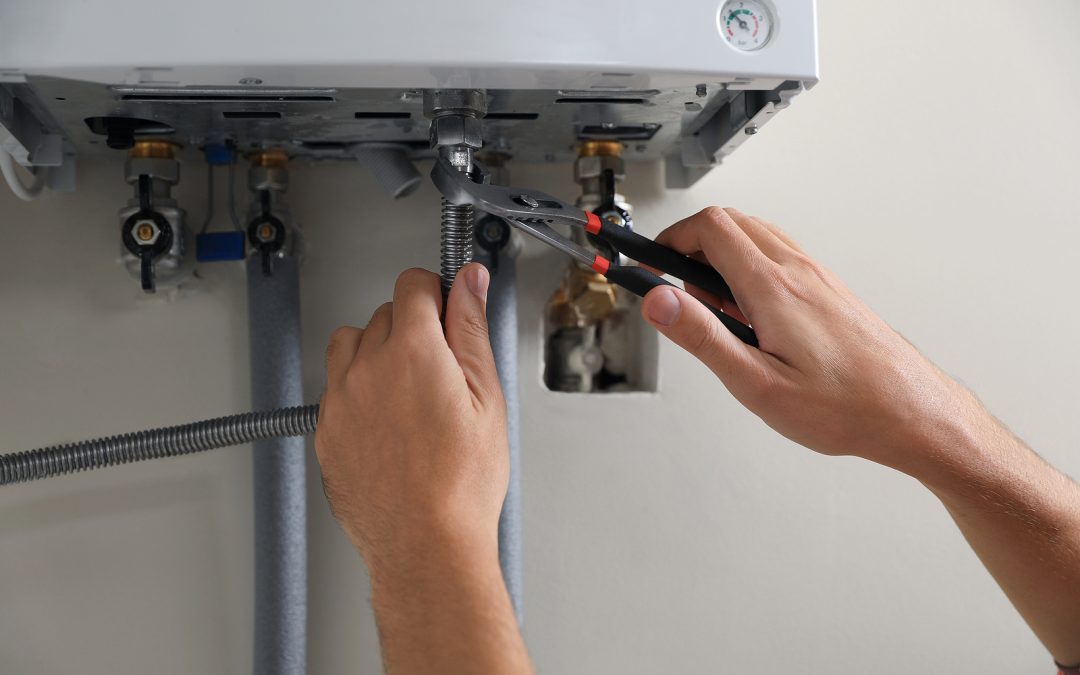If you’ve never given much thought to your heating system, you might feel that one boiler is much like any other. After all, don’t they all produce hot water and heat your home? While they all serve the same purpose, the way in which they do that is different.
The type of boiler you need will depend on what kind of property you live in, as there are some options that are ideal for a smaller home like a flat, while bigger houses will need a different system to ensure there is enough hot water to go around.
So, we’ve broken down the most common boiler systems to help you work out what you might need in your home. Even if you’re still unsure which system is best for you, don’t worry as the gas engineer who comes to do your boiler installation in south London or wherever you live will be able to offer their expert opinion.
How many different boilers are there?
There are three main options when it comes to gas boiler heating systems: combination (or combi) boilers, conventional boilers and system boilers. Let’s look at each in turn to help you better understand which option is most suitable for your home.
- Combi boiler
This is one of the most popular options for a number of reasons. As its name suggests, a combi boiler provides both hot water and heating for your home. These units are compact, which is one of the reasons why they are used in so many modern homes.
They are ideal in smaller properties – such as small houses and flats, where there won’t be multiple people using the hot water supply at the same time. As well as being compact, combi boilers are also very energy efficient, which makes them popular among anyone looking to keep their gas bills as low as possible (so all of us!).
A further advantage to combi boilers is that they heat the water on demand, so you’ll never have to worry about running out of hot water for your bath, shower or any other needs you have.
- Conventional boiler
A conventional boiler, sometimes also known as a regular boiler or heat-only boiler, is designed to heat your home and requires separate water tanks to meet your hot water needs.
In this type of system, the boiler only sends hot water into your heating system, it doesn’t heat water on demand like a combi boiler does. Instead, the hot water it produces sits in a large hot water tank, where it’s stored for use.
A cold water tank and an expansion tank, meanwhile, complete the system. The latter feeds into the boiler to ensure that there is always a sufficient supply for both the heating and water needs of the home.
On the face of it, this might not sound as ideal as a combi boiler, because of the additional space required for the three water tanks. However, in large homes with multiple bathrooms, a conventional boiler is a good choice as it allows more than one person to have a shower at once without losing pressure in the system.
In addition, regular boilers can be a good choice if your home has a low water pressure, as the storage tanks negate the impact of this.
So, a conventional boiler is often a good choice for larger properties where multiple people share the same water supply.
- System boiler
A system boiler has similarities with a conventional boiler in that it too requires a hot water tank. However, a system boiler doesn’t need the cold water and expansion tanks that a regular boiler system does. Instead, system boilers maintain their pressure through a pressurised heating circuit.
However, similar to a conventional boiler, a system boiler is best suited to larger homes with a higher level of water use. This means it could be a good option if your property has multiple bathrooms.
Another plus for system boilers is that they are compatible with solar panels, so if you have this kind of energy generation at your property, you can use this energy instead of a gas supply to provide your central heating and hot water too.
As you can see, it’s important to consider both the size of your home and your average water usage when deciding what kind of boiler to install. A qualified heating engineer will be able to provide you with advice if you’re unsure which is the best option for your home and give you a quote for installation.

